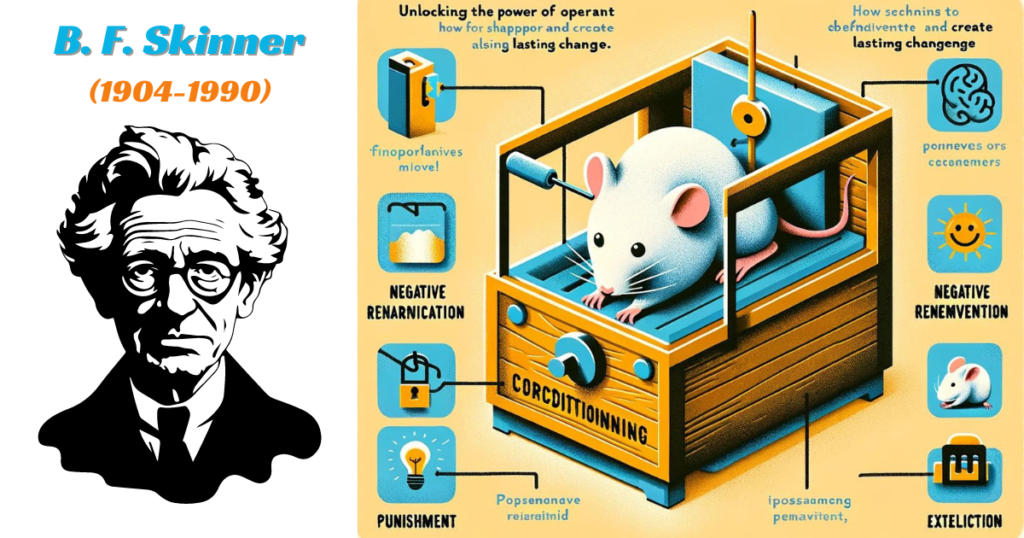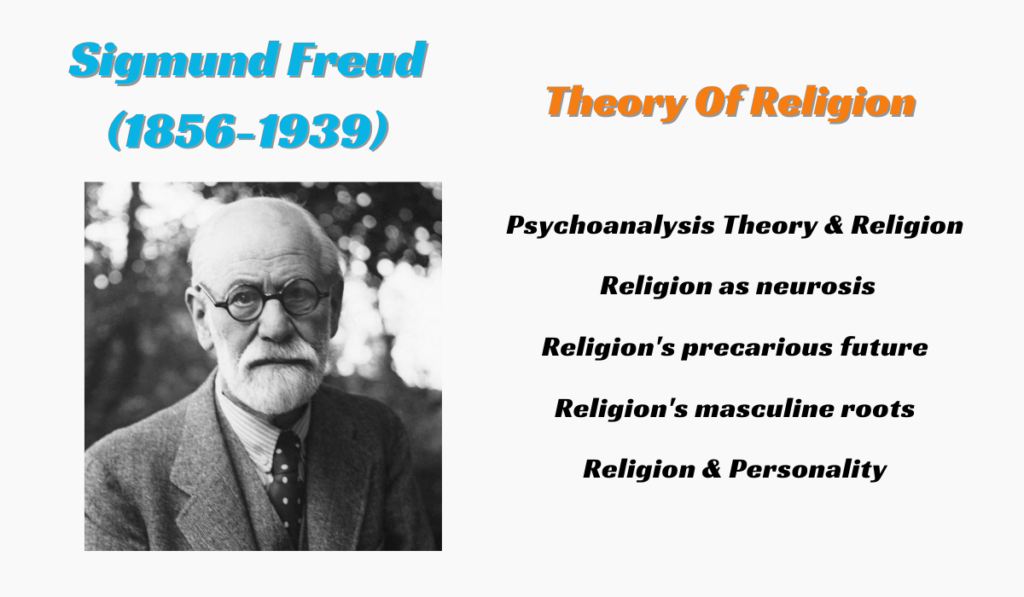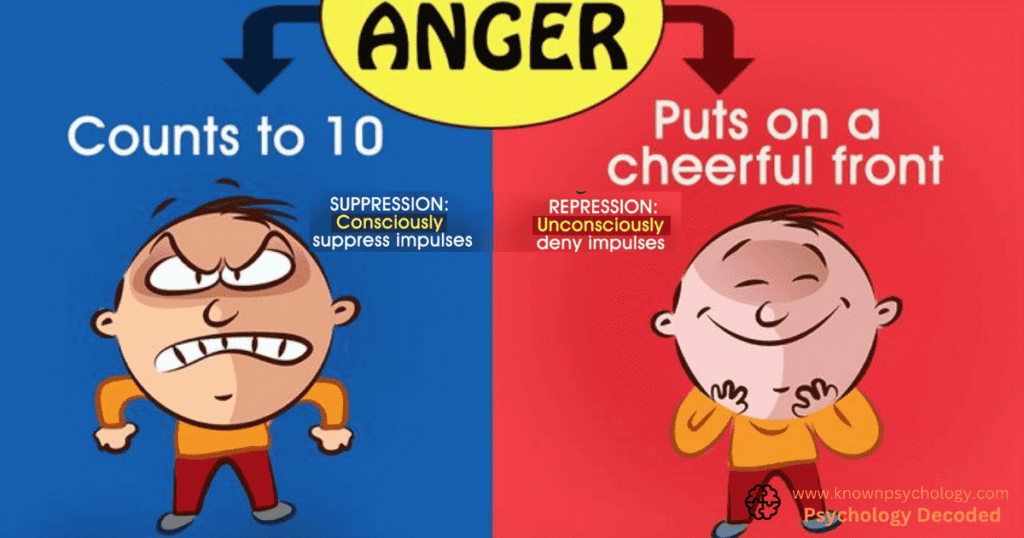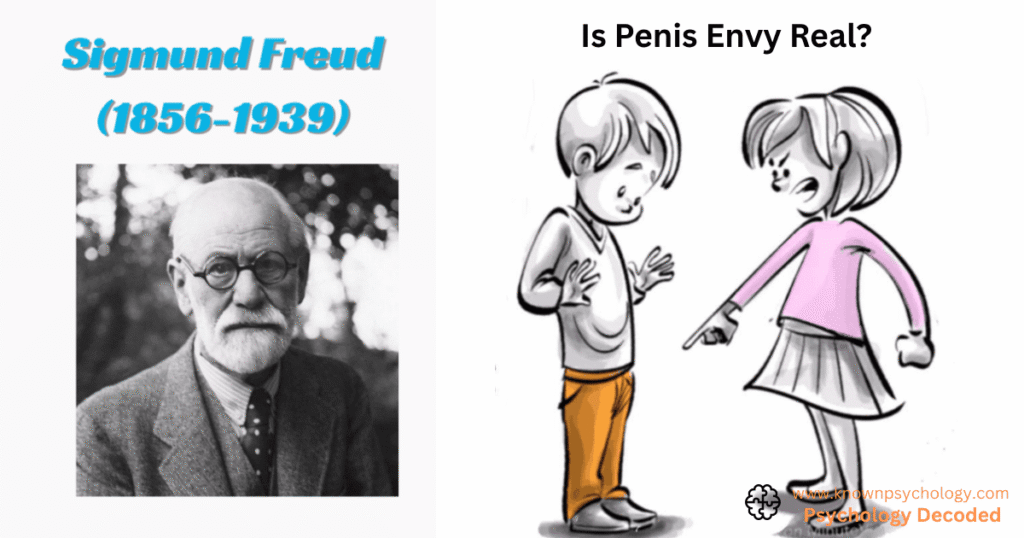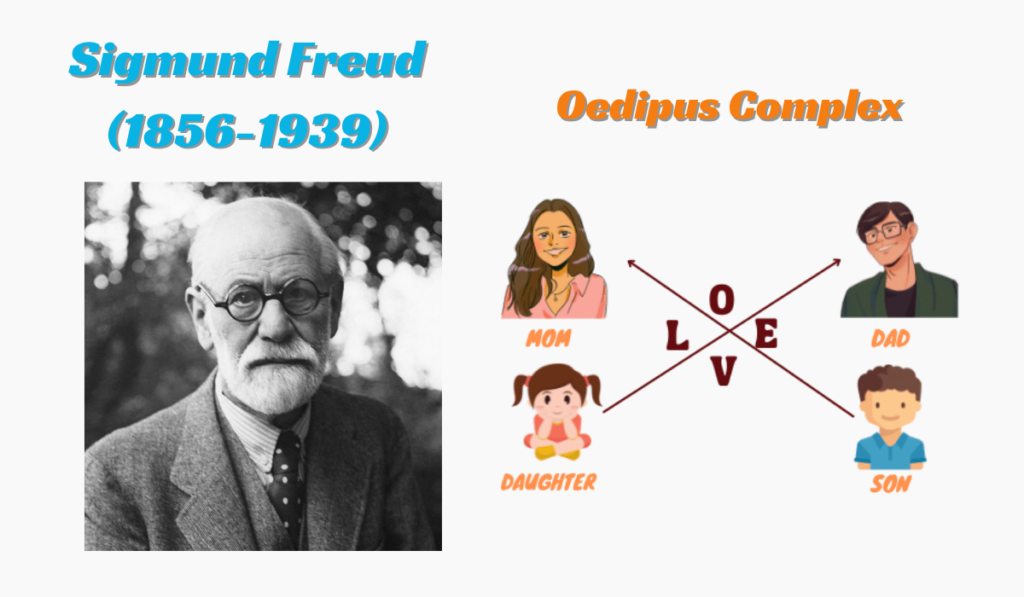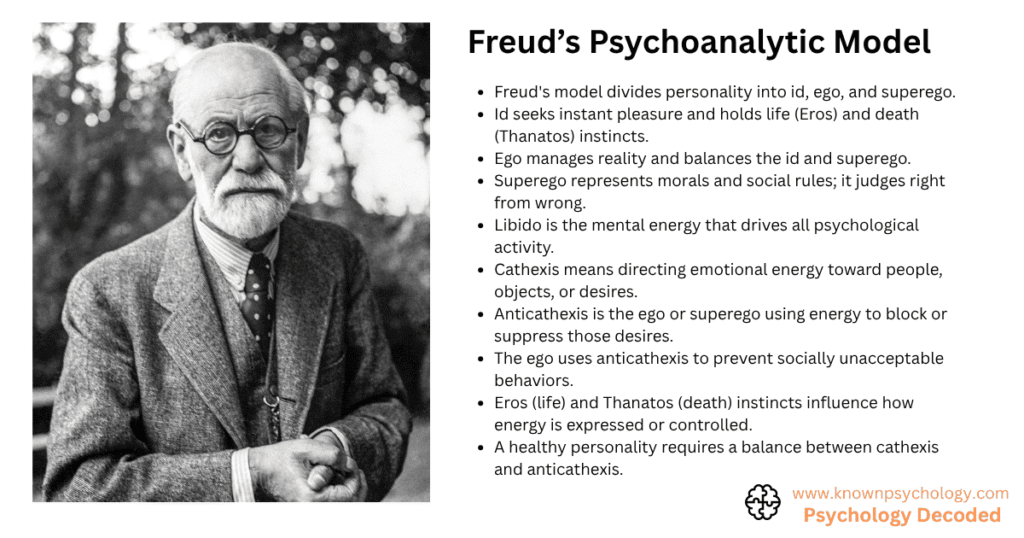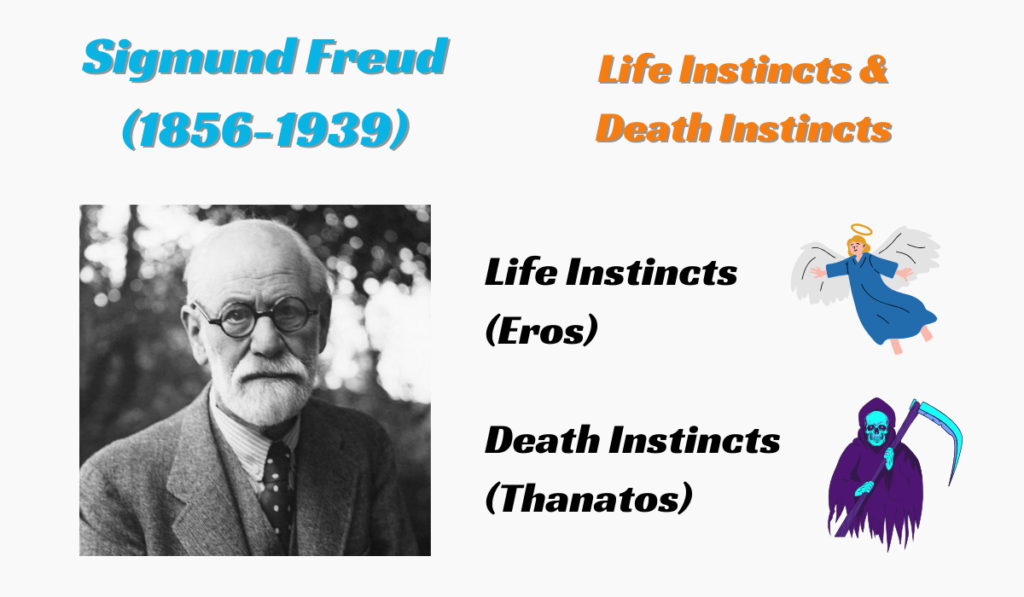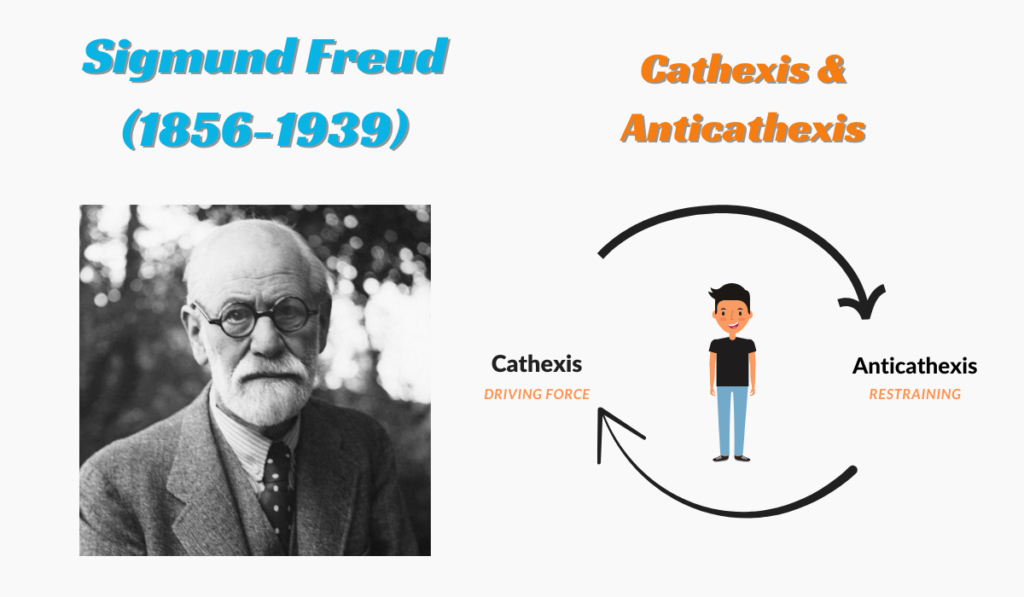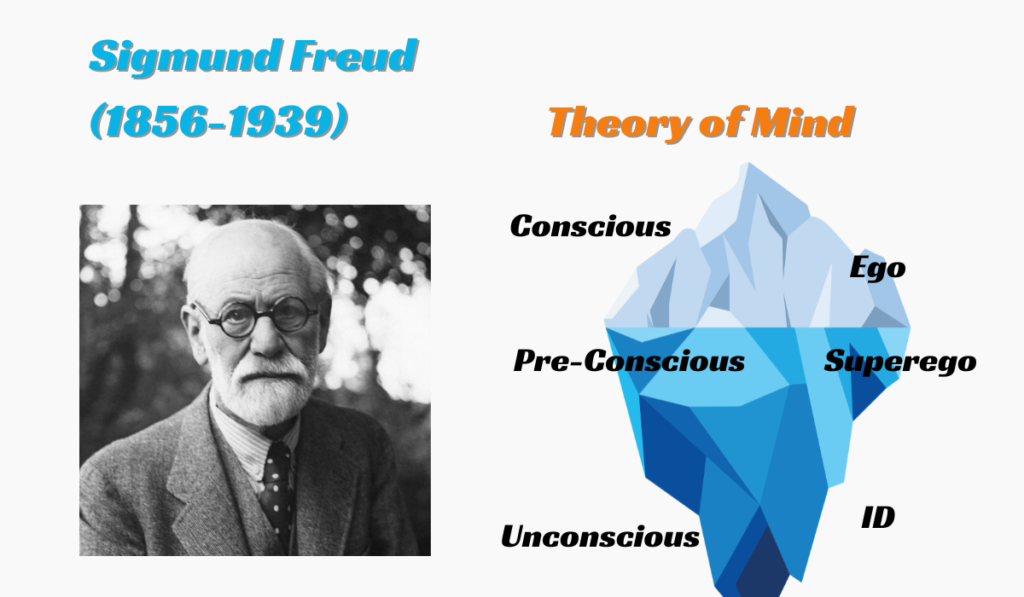Lets explain the Operant Conditioning In Psychology: B.F. Skinner Theory
B.F. Skinner, an American psychologist, developed the theory of operant conditioning, which is a method of learning that occurs through rewards and punishments for behavior. Through operant conditioning, an individual makes an association between a particular behavior and a consequence (either a reward or punishment). Skinner’s theory is a fundamental concept in behavioral psychology and […]
Lets explain the Operant Conditioning In Psychology: B.F. Skinner Theory Read More »

